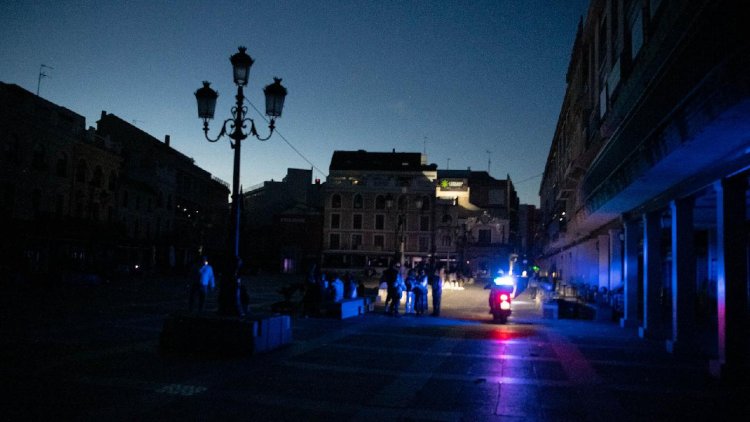Explainer: The unprecedented electricity outage in Spain and Portugal
A rare and widespread blackout impacted Spain and Portugal on Monday, affecting millions of people. The power failure commenced at 12:33 p.m. local time, resulting in a 15-gigawatt drop in Spain's electricity demand within just five seconds—approximately...

The power failure commenced at 12:33 p.m. local time, resulting in a 15-gigawatt drop in Spain's electricity demand within just five seconds—approximately 60 percent of national consumption.
As a consequence, rail services were halted, airports experienced disruptions, and numerous cities faced complete outages.
Cause of the blackout
Ongoing investigations are exploring the cause, but early assessments from Portugal's grid operator REN indicate that high-voltage line oscillations in Spain may have triggered the blackout.
These oscillations could have been caused by sharp temperature fluctuations, which can put stress on overhead lines and destabilize transmission. REN clarified that it never used the term "induced atmospheric vibration," correcting earlier media interpretations.
Additionally, Spain's national court has initiated a preliminary investigation to determine if sabotage or terrorism was involved, although a cyberattack has been officially ruled out at this time.
The role of renewables and grid complexity
Spain's electrical grid now heavily relies on solar and wind energy, which are cleaner but less predictable than traditional energy sources.
Experts note that this reliance decreases "system inertia," making the grid more susceptible to sudden disruptions. With fewer rotating generators, such as gas or hydro plants, operating at any given moment, voltage and frequency can fluctuate more easily during stress events.
While the integration of renewable energy is not to blame for the blackout, managing stability in this type of system poses more challenges.
The sudden disconnection of a solar-heavy region may have sparked a chain reaction across the interconnected European grid.
In response, operators have emphasized the need for improved stabilization mechanisms, including enhanced real-time monitoring and battery-based buffering systems.
Restoration efforts
The blackout persisted for several hours, with electricity gradually restored through a controlled "black start" process.
Grid operators worked to restart local gas and hydro plants and temporarily imported power from France and Morocco to re-synchronize the system.
Alejandro Jose Martinez for TROIB News
Discover more Science and Technology news updates in TROIB Sci-Tech












